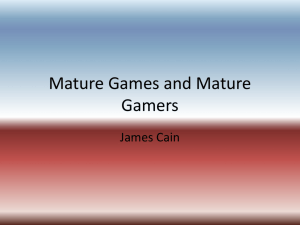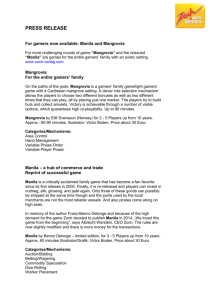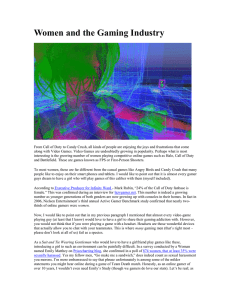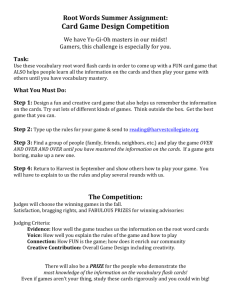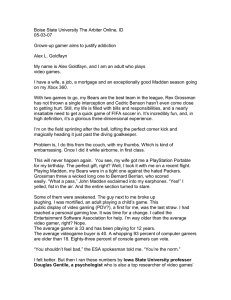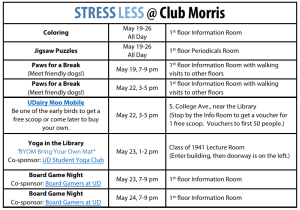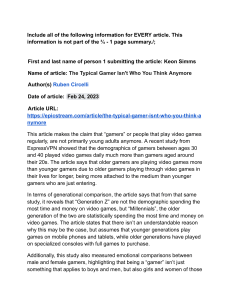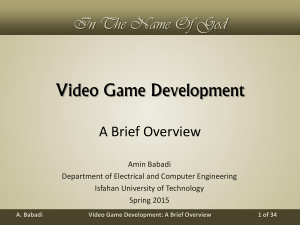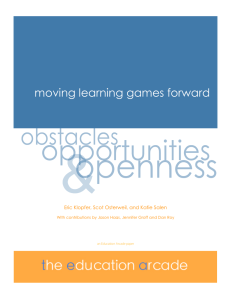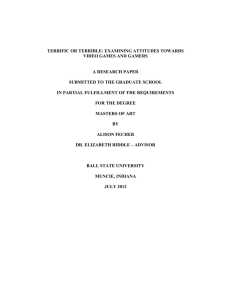BALL STATE UNIVERSITY ABSTRACT games
advertisement
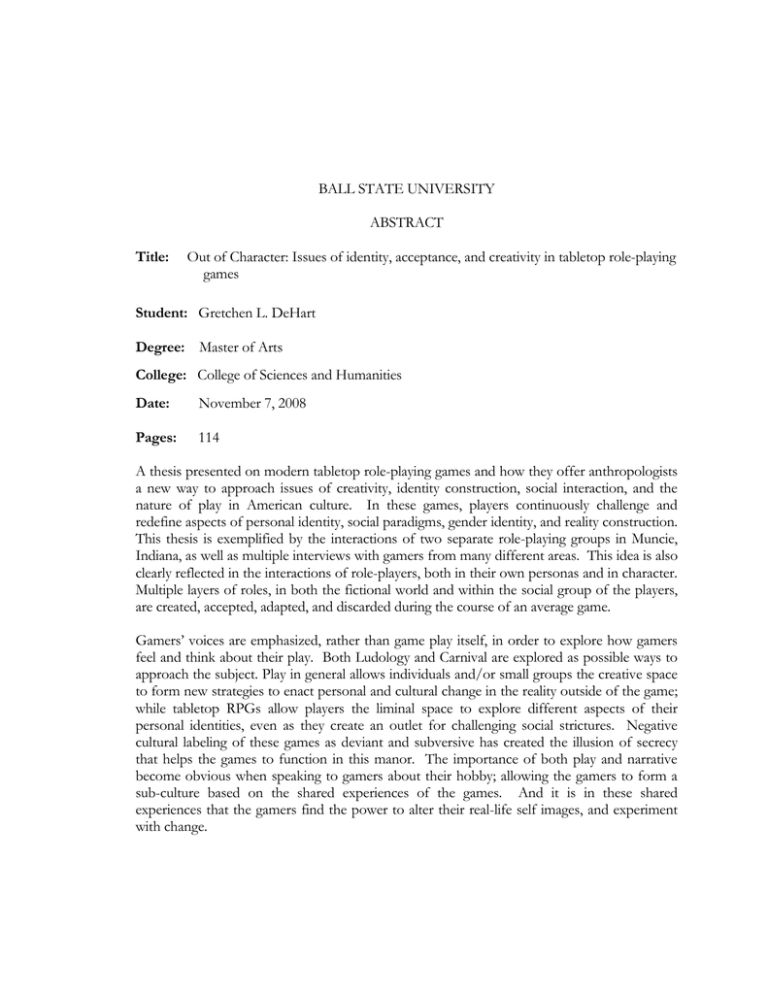
BALL STATE UNIVERSITY ABSTRACT Title: Out of Character: Issues of identity, acceptance, and creativity in tabletop role-playing games Student: Gretchen L. DeHart Degree: Master of Arts College: College of Sciences and Humanities Date: November 7, 2008 Pages: 114 A thesis presented on modern tabletop role-playing games and how they offer anthropologists a new way to approach issues of creativity, identity construction, social interaction, and the nature of play in American culture. In these games, players continuously challenge and redefine aspects of personal identity, social paradigms, gender identity, and reality construction. This thesis is exemplified by the interactions of two separate role-playing groups in Muncie, Indiana, as well as multiple interviews with gamers from many different areas. This idea is also clearly reflected in the interactions of role-players, both in their own personas and in character. Multiple layers of roles, in both the fictional world and within the social group of the players, are created, accepted, adapted, and discarded during the course of an average game. Gamers’ voices are emphasized, rather than game play itself, in order to explore how gamers feel and think about their play. Both Ludology and Carnival are explored as possible ways to approach the subject. Play in general allows individuals and/or small groups the creative space to form new strategies to enact personal and cultural change in the reality outside of the game; while tabletop RPGs allow players the liminal space to explore different aspects of their personal identities, even as they create an outlet for challenging social strictures. Negative cultural labeling of these games as deviant and subversive has created the illusion of secrecy that helps the games to function in this manor. The importance of both play and narrative become obvious when speaking to gamers about their hobby; allowing the gamers to form a sub-culture based on the shared experiences of the games. And it is in these shared experiences that the gamers find the power to alter their real-life self images, and experiment with change.
